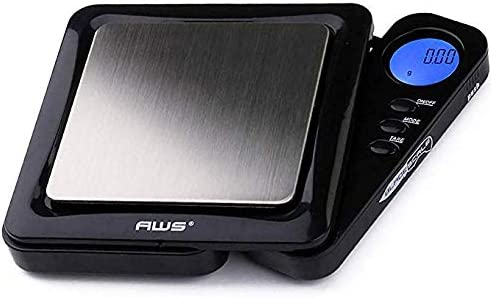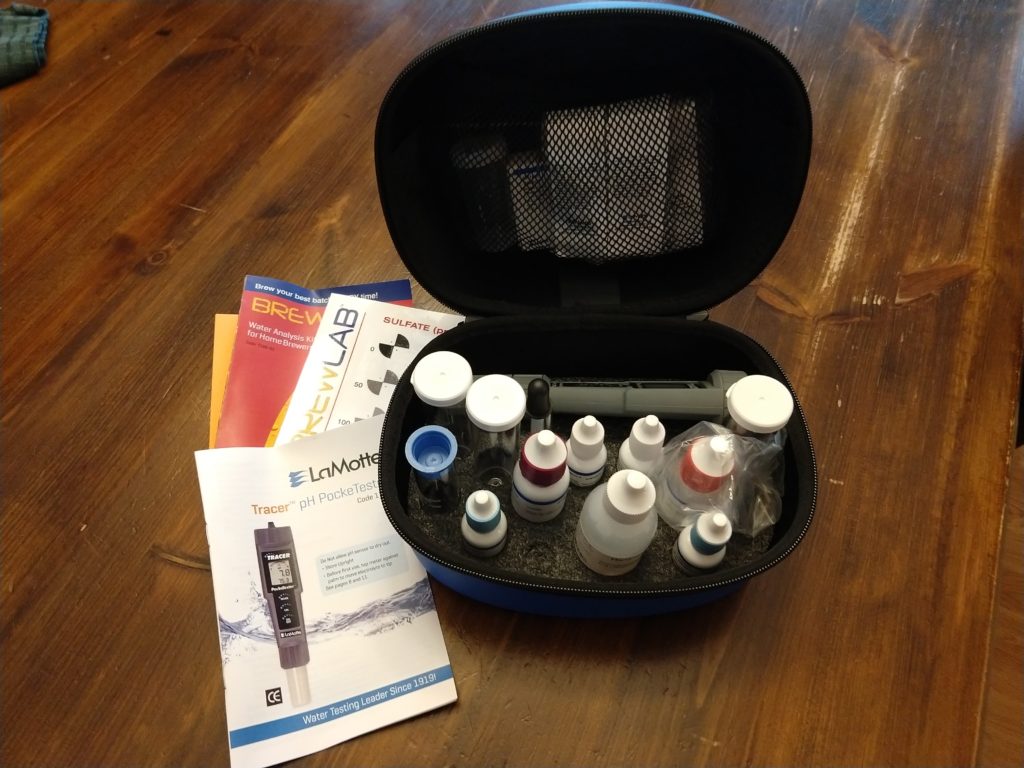
This review is by Homebrew Finds Contributor Brad Probert. Brad is an engineer, expert homebrewer and experienced reviewer. Grab a link to Brad’s website at the end of this review.
LaMotte Brew Lab Plus Water Test Kit
When I started all-grain brewing, I bought bottles of distilled water from the store and then added minerals to achieve my target water profile. After years of that, I finally switched over to using our city water, passed through a 3-stage water filter system (not Reverse Osmosis, but two types of carbon filter + sediment filter). The water on its own tasted good, so I figured I’d be fine. But my beers were boring and uninspiring. I brewed with just water as-is from the filter, and I also tried adding my brewing salts like I used to when brewing with distilled water. In both cases, not good enough.
I of course recognized the water was the common factor in all of the different boring beers. It was a personally-learned lesson that supported all those homebrew articles I’d read stressing how important water was in brewing great beer. So now I recognized the problem, but I couldn’t do anything about it without knowing the starting water profile coming out of my filter system.
LaMotte worked together with John Palmer to make a water test kit for homebrewers. The kit focuses exclusively on the minerals that are important to brewing. If you read a city water report, you find that there’s a whole bunch of stuff in there that doesn’t apply to brewing. This kit just focuses on the data that you need to enter your starting water profile into your favorite water calculator.
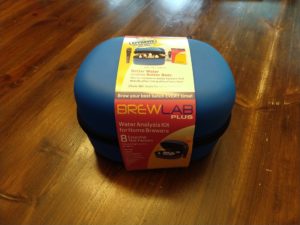 BrewLab Plus Kit – See the Palmer Brewing Solutions Approved stamp toward the top of the label
BrewLab Plus Kit – See the Palmer Brewing Solutions Approved stamp toward the top of the label
The other thing that tells you it’s geared to homebrewers is that even though it’s doing something “science-y”, it doesn’t require any kind of laboratory equipment beyond what comes in the kit. You measure out your water sample into the tubes they provide, then add various chemicals one drop at a time, looking for a color change. The most complicated thing you have to do is swirl a tube around to mix things up well.
Check Prices, Description & Availability:
LaMotte has three kits, with two of them aimed at the average homebrewer. The BrewLab Basic kit contains everything you need to test for these 7 things: Chloride, Sulfate, Alkalinity, Total Hardness, Calcium Hardness, Magnesium Hardness, and Sodium. If you step up to the BrewLab Plus kit, it adds in a pH meter. An even bigger step up to the BrewLab Pro kit, and that adds in the ability to measure Total Dissolved Solids and Dissolved Oxygen.
If you’re measuring your water mineral levels, it probably means you’re adding brewing salts to hit a target profile for both flavor and mash performance. There are several mash pH predictive software options out there. The advice for all of them is to take your own measurements during your brew process and write them down. Compare your numbers to those that come from the predictions, and you’ll start to learn which ingredients and process steps will match the prediction, and which will need some adjustment.
Continue reading →

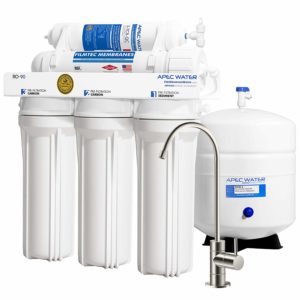
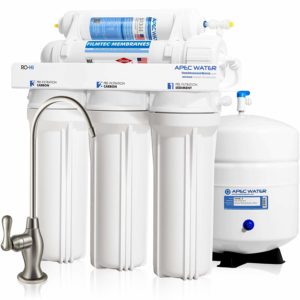

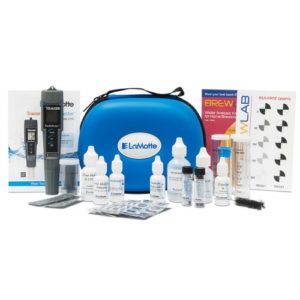


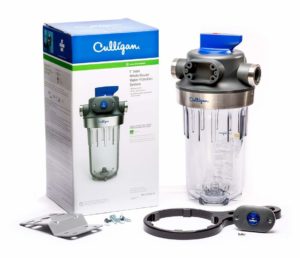
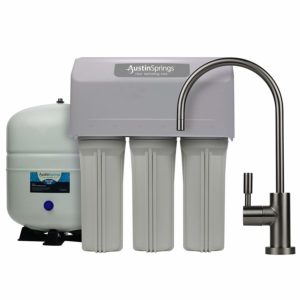
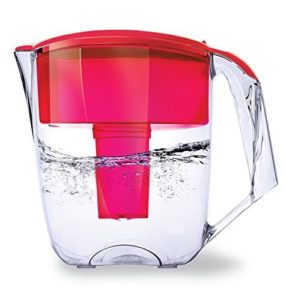





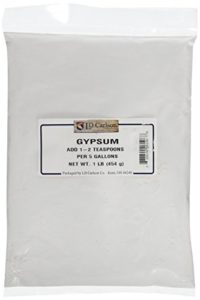
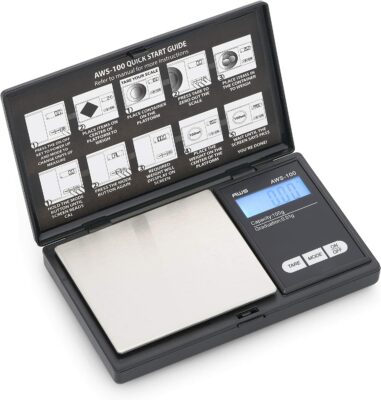
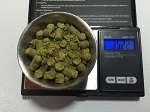







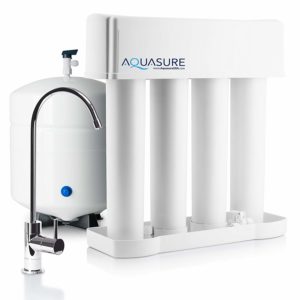
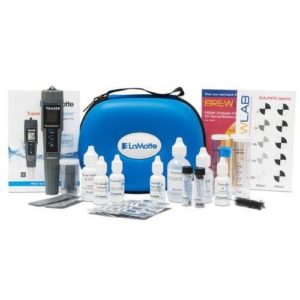
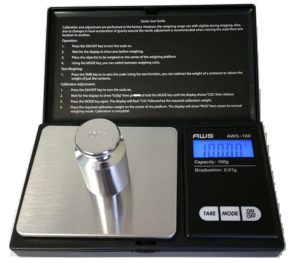

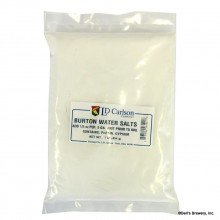

 BrewLab Plus Kit – See the Palmer Brewing Solutions Approved stamp toward the top of the label
BrewLab Plus Kit – See the Palmer Brewing Solutions Approved stamp toward the top of the label
